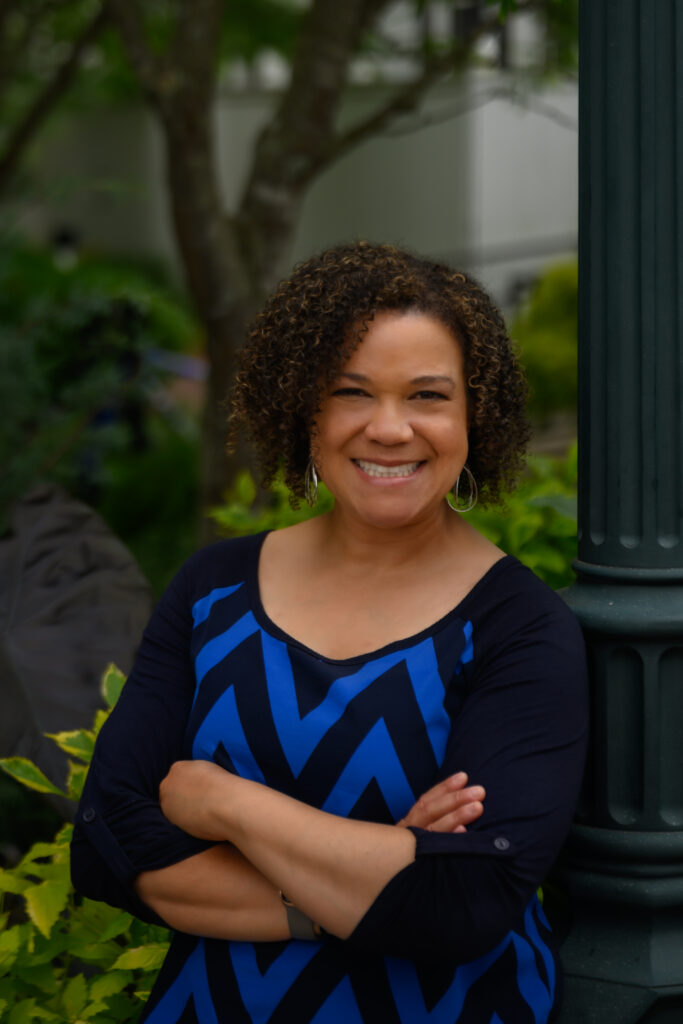Summer 2022

Dear Alumni and Friends,
In the winter issue you read what the value of free meant to me—the ability to graduate with extraordinarily little debt and pursue a career with which I fell in love. You were able to read the stories of alumni whose Berea experience transformed their lives, their careers and the paths of their families for generations to come. I believe these stories need to be told, and I will never tire of telling them. The conversation of tuition-free education is not new—Berea started this conversation 130 years ago when, while struggling financially, the College made the decision to no longer charge students tuition to attend. In so doing, Berea demolished a significant barrier for education-seeking students in 1892. Today, the barriers may differ, but the financial need of students from across Kentucky, Appalachia and around the world is the same.
Our winter issue began the conversation of what it means to provide tuition-free education to an underrepresented populace, and our readers joined that conversation. Some joined in extreme support, enthusiasm and gratitude for the opportunities Berea afforded them or others. Some responded with mixed feelings about the ramifications of living in a tuition-free society. Others were adamant that free tuition nationwide would be a catastrophe. And some alumni pushed back on the concept that Berea is “free” either because they were required to work or did graduate with some debt.
No matter your opinion on tuition-free education, I am ecstatic that you are willing to engage in the conversation. It is only through civil discourse and challenging of ideas and beliefs that we grow, learn and ultimately find common ground and the best course of action.
Within these pages, you will find more stories of alumni and the impact their Berea education has had on their lives. Neurosurgeon Fred Odago ’02 and teacher Augusta Enns Ridley ’19 are changing the world around them using both the education and values invested in them at Berea. You’ll also find responses to some of the challenges readers had, as Education Associate Professor Nicholas Hartlep discusses his research on why student-loan debt has become a “wicked problem.” And Collis Robinson ’13, dean of Labor at the College, talks about how Berea’s work program ties in with its no-tuition promise. I hope that you will take the time to continue the conversation on the value of free and Berea’s role as a thought leader in the space of tuition-free education.
Abbie Tanyhill Darst ’03
Editor

